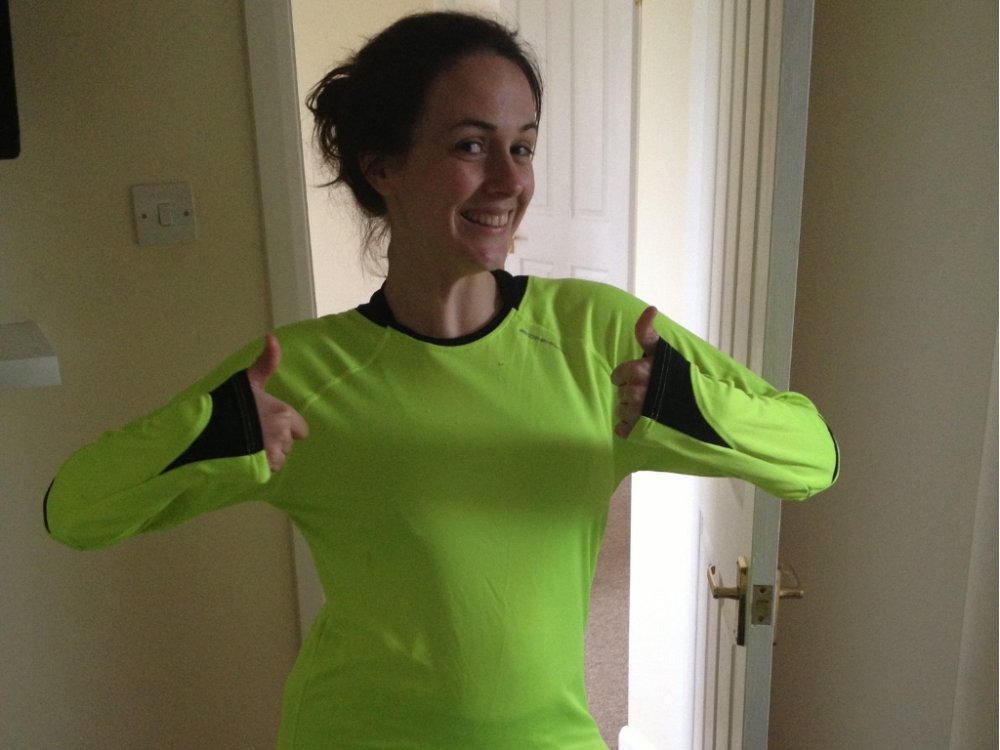Many of us feel as though we could stand to lose a few pounds every now and again but finding the motivation to exercise or the restraint to avoid a second helping at dinner can be really tough at times. Weight loss predominantly comes down to eating fewer calories than your average daily requirement as well as exercising regularly. The decision entirely lies with you on how you’ll attempt to lose weight. However, finding advice that can direct you towards more effective means of doing so can make the process much better. To help you on your own weight loss journey, we’ve provided these three key things to consider.
Getting Regular Exercise
It’s important to keep moving every day. This is a great way to help you with your weight loss, but it also helps combat a sedentary lifestyle. Sitting around for prolonged periods of time is a key contributor to things like heart disease and stroke, and it’s recommended that we get up and away from our desks or off the sofa at least once every half an hour to an hour. Stretch your legs and get moving around the house or go for a walk. Alongside this, we need at least 2 hours and 30 minutes of exercise every week at a minimum, and it’s said that a 20-minute brisk walk every day can cut the risk of heart failure by up to a quarter for middle-aged people. For those wanting to lose weight, you’ll want to start ramping that exercise up and really get the blood pumping, as the more cardiovascular exercise you do, the more calories you’re going to burn. However, use these previous guidelines as a starting point, so you don’t get demotivated.

Consume Fewer Calories
If you’re trying to lose weight, the worst thing you can do is to keep eating more than your recommended daily allowance of calories. It’s important to note that everyone has different metabolic rates too, which means that some will require more calories than others to put on weight. You can find out your basal metabolic rate (BMR) using online calculators, which will work out the rate based on your age, gender, height and weight. You’ll also be able to roughly calculate your caloric intake and structure your meals and snacks around this figure. If you’re struggling to cut down, there are options to replace certain meals and snacks with meal replacement shakes like those from Shake That Weight, but before you do this, ensure that you speak to your GP beforehand, who will be able to guide you in using this safely. You should avoid skipping meals as you still need enough calories in your diet to stay healthy.
Eat A Healthy And Varied Diet
While your caloric intake is the main thing to consider when working on your diet, you should also be aware of the types of food you’re taking into your body. You can eat less than your recommended intake yet still be eating unhealthy foods for your body. You need to ensure that you’re getting a balanced diet of fats, carbohydrates, proteins, and vitamins and minerals in your diet. These nutrients will improve your health, providing you with enough energy to function throughout the day. Each vitamin and mineral also play a pivotal role in the body’s functions. Some will help your body fight illness, some will help your nerves function correctly, and some will help actively transfer nutrients around the body.









No Comments